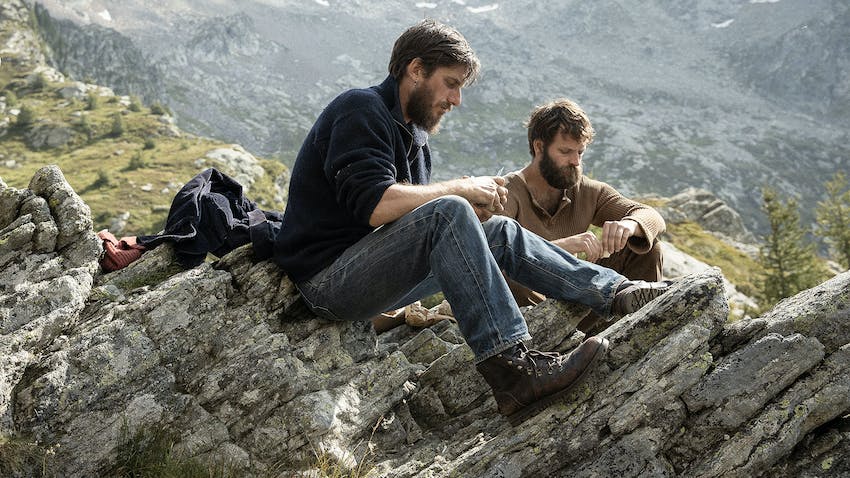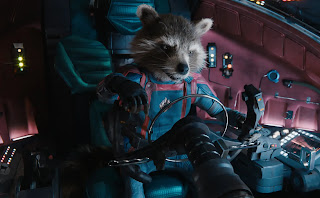At two hours and 20 minutes, Spider-Man Across the Spider-Verse is too long, too glutted with characters, and too stuffed with visual invention to keep track of it all.
You'd think that a couple of hours would be sufficient to complete a comic-book story, but no. Across the Spider-Verse ends with a cliffhanger that sets up the next installment.
OK, those are my main gripes, but it's also worth noting that Across the Spider-Verse mounts an all-out effort to dazzle the eye, simulate a comic-book environment, and flood the screen with vivid swaths of color. At its best, the movie entertains and impresses in roughly equal measures.
The story? Well, there's a lot of it.
I'm sick of multi-verse movies, but this Spider-Man doubles down on space/time hopping, zipping through numerous dimensions at breakneck speeds.
Characters also abound. Miles Morales (Shameik Moore), now 15, still occupies the story's center but Gwen Stacy (Hailee Steinfeld), who's also Spider-Woman, grabs significant screen time, as well.
Miles and Gwen come from similar backgrounds. Gwen's father (Shea Whigham) is a cop who learns about his daughter's identity. Miles, on the other hand, keeps his Spider-Man secret from his police captain father (Brian Tyree Henry).
A rooftop party celebrating Dad's NYPD promotion is artfully rendered with Mom (Luna Lauren Velez) adding welcome Latin flavor.
The Brooklyn portions of the movie, where Miles tries to balance school with superhero chores, have their charms, and, to be honest, the movie's many parallel universes can overwhelm in ways that sometimes made me wish the story never had left home.
This edition amplifies its diversity, making room for a Spider-Man India (Karan Soni), for Hobie Brown (Daniel Kaluuya), a.k.a. Spider-Punk, and for Issa Rae, a Spider-Woman character who looks as she might have leaped from a '60s movie.
Villains dot the teeming landscape, as well. They include The Vulture (Jorma Taccone) and The Spot (Jason Schwartzman). The Spot allows the animators to swell the screen with cleverness; the character's spots become holes, portals if you prefer, that swallow opposition, projecting them into new dimensions.
Oscar Issac gives voice to Spider-Man 2099, a superhero who has convinced himself that he's responsible for maintaining the multiverse, a responsibility that has distorted his values and inflated his ego.
Enough. The filmmakers seem committed to the idea that there can't be too much of a good thing. I think some pruning might have helped, but Across the Spider-Verse reflects a commitment to a visual vision that's meant to dazzle the senses -- and often does.













